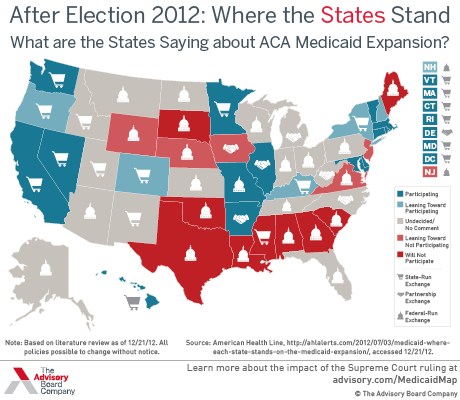 In two recent posts, I have posed questions about the appropriateness or inappropriateness of manipulating consumers by taking advantage of behavioral phenomena beyond their awareness. We behavioral scientists know things about human nature that most people haven’t learned. That is why we can fill books with visual illusions – our understanding of how the brain processes visual data allows us to play tricks on people. Indeed, this idea of visual illusions influenced the thinking of early behavioral economists and psychologists, who uncovered what they called “cognitive illusions.” (Daniel Kahneman discusses this topic in his book Thinking Fast and Slow.)
In two recent posts, I have posed questions about the appropriateness or inappropriateness of manipulating consumers by taking advantage of behavioral phenomena beyond their awareness. We behavioral scientists know things about human nature that most people haven’t learned. That is why we can fill books with visual illusions – our understanding of how the brain processes visual data allows us to play tricks on people. Indeed, this idea of visual illusions influenced the thinking of early behavioral economists and psychologists, who uncovered what they called “cognitive illusions.” (Daniel Kahneman discusses this topic in his book Thinking Fast and Slow.)
In one recent post, I posed the hypothetical case of a savvy businessman who created a snow pants rebate plan that simultaneously increased sales of snow pants while minimizing the chances that consumers would claim the rebates. (Why snow pants, you ask? Because I was born and raised in Minnesota, where we take snow pants quite seriously!) The businessman realized that a combination of the planning fallacy accompanied by a dash of unrealistic optimism, mixed with a pinch of self-regulatory failure and… Voilà: people would overestimate the odds of claiming the rebate in time… (Read more and view comments at Forbes)
Spending More But Not Living Longer?
In a recent report from the IOM, the US comes in with surprisingly low life expectancy compared to other developed countries. Take, for instance, this picture from USA Today, showing life expectancy for women:
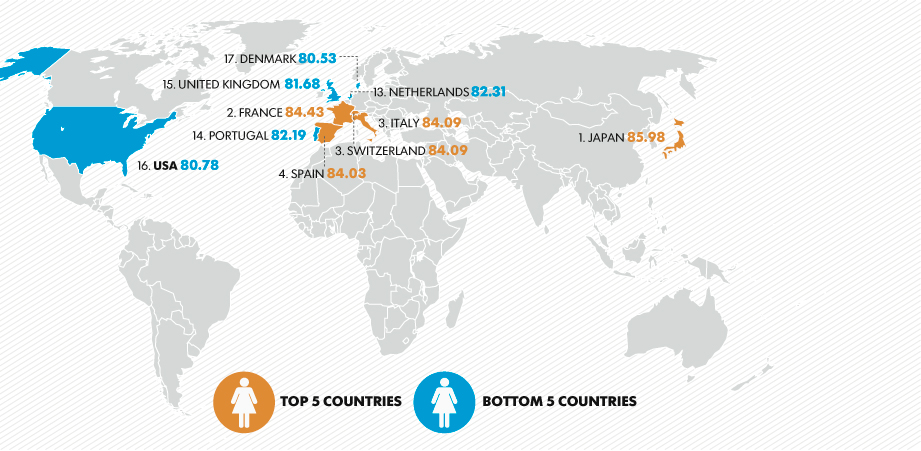
At the same time, we spend WAY MORE on health care than any of our peers. No one is even a close second. Does that mean our spending is not yielding appropriate results? Those of you who follow my writing (I’m talking to BOTH of you) know that I have serious concerns about health care spending in the US. But keep in mind, that life expectancy is a TERRIBLE measure of health care quality. Living longer is much more a function of broader social issues than it is a function of health care quality. Consider this other comparison figure from the IOM report:
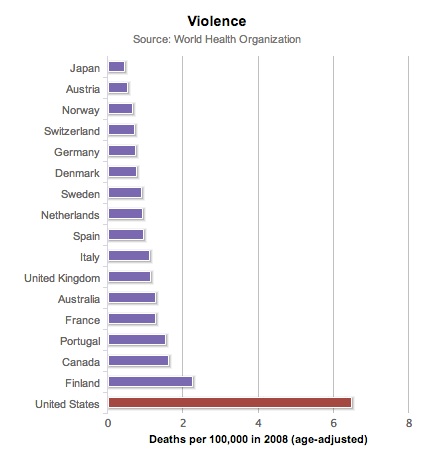
Yep. The US is a dominant leader when it comes to the violent deaths of its population. Cannot blame that on the inefficiencies of for-profit hospitals or the administrative complexity of Medicare.
Living long and living well depends on a broad array of social factors, from neighborhood quality to income inequality. If we want longer and better lives in the US, I wouldn’t look for the health care system to do the heavy lifting.
What Homer Simpson Can Teach Oncologists About Math
 Let’s warm up with a quick arithmetic problem, which I want you to do in your head.
Let’s warm up with a quick arithmetic problem, which I want you to do in your head.
What is one thousand plus forty?
Now add another thousand
And thirty more
Plus twenty
Plus another thousand
And finally, add an additional ten.
What’s the answer? According to Dean Buonomano, in his excellent book Brain Bugs, the majority of people give an answer of five thousand, instead of the correct answer of 3100.
“Most of us can find a face in the crowd faster than we can come up with the answer to eight times seven. The truth is—to put it bluntly—we suck at numerical calculations… (Read more and view comments at Forbes)
Writing So Good It Makes Me Think About Giving Up
In his new book, Detroit City is the Place to Be, Mark Binelli describes the scene outside his residence in language so wonderful I had to share it with you:
“By 9 o’clock on a Sunday morning, when I’d step out to buy a newspaper, I’d spot the tailgaters bundled up like deer hunters, clutching copied Miller High Life’s between mittened fists, their breath misting the chill air alongside the smoke coming off their grilled brats.”
Such wonderful writing, it almost makes me want to quit writing. Then again, if I quit now, I have no chance of penning a sentence like that. Where would I be without delusions!
Why It Is So Difficult to Kill the Death Panel Myth
 In August of 2009, Sarah Palin claimed that the health legislation being crafted by Democrats at the time would create a “death panel,” in which government bureaucrats would decide whether disabled and elderly patients are “worthy of healthcare.” Despite being debunked by fact-checkers and mainstream media outlets, this myth has persisted, with almost half of Americans stating recently that they believe the Affordable Care Act (ACA) creates such a panel.
In August of 2009, Sarah Palin claimed that the health legislation being crafted by Democrats at the time would create a “death panel,” in which government bureaucrats would decide whether disabled and elderly patients are “worthy of healthcare.” Despite being debunked by fact-checkers and mainstream media outlets, this myth has persisted, with almost half of Americans stating recently that they believe the Affordable Care Act (ACA) creates such a panel.
The death panel myth killed neither the ACA nor Obama’s reelection bid. But persistence of this myth could threaten the Obama administration’s efforts to implement the law, because many of its most controversial features are scheduled to be implemented over the next few years. Why is the death panel myth so hard to shake… (Read more and view comments at Forbes)
How Little Did We Accomplish with First Round of Fiscal Cliff Negotiations?
Here is a quick summary from the Wall Street Journal of what the U.S. Federal Debt looks like now that we have avoided, at least for now, the fiscal cliff. As you will see, we didn’t do much to balance the budget. In the short run, that is ok. Too much balancing, too quickly, and we will be inviting a major recessionary relapse. But long run? We have lots of work to do, and fingers crossed that the two parties find a way to come up with a smart combination of spending cuts and revenue enhancement that will change the way this picture looks!
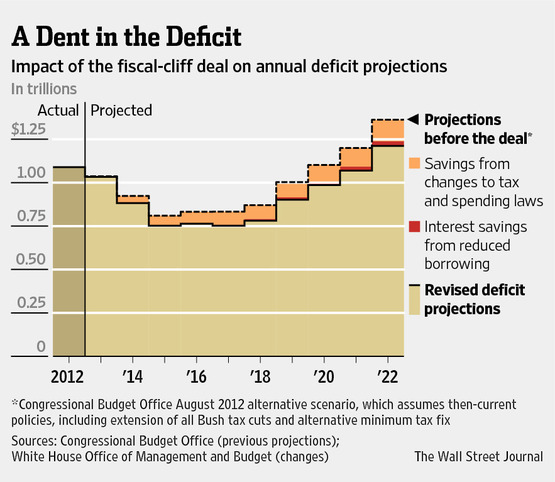
Can a $20 Rebate Amount to Highway Robbery?
 Steven Johnson was a rising star at the NordicWear Company, even before that brutal winter of 2002. But then, thanks to a rebate program he instituted for their new line of snow pants, he rocketed up the corporate ladder.
Steven Johnson was a rising star at the NordicWear Company, even before that brutal winter of 2002. But then, thanks to a rebate program he instituted for their new line of snow pants, he rocketed up the corporate ladder.
His plan was brilliant in its simplicity. Late in the previous winter, he ran a series of rebate deals in small markets across northern Minnesota and Wisconsin. In some towns, he gave customers a week to turn in their receipts for a rebate. In others, a month. In yet others, he was generous enough to give them six months. He also varied the dollar amount of the rebate, and the amount of paperwork customers needed to turn in to claim their rebates. Informed by the result of these experiments, Johnson identified the rebate sweet spot:
The rebate deal that maximized profits by . . . (Read more and view comments at Forbes)
Brain Control and Consumer Behavior
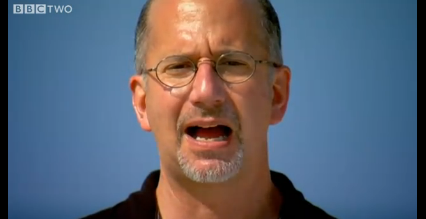 I teach a course on consumer irrationality and market failure at the Fuqua School of Business. I open up one of my lectures with a brief video demonstration of what psychologists call “the McGurk effect.” (See an example here.) In the video, a man makes the sound “ba ba ba.” About half of my students invariably identify the sound accurately. But the other half? They swear on their mothers’ graves that he said “fa fa fa.”
I teach a course on consumer irrationality and market failure at the Fuqua School of Business. I open up one of my lectures with a brief video demonstration of what psychologists call “the McGurk effect.” (See an example here.) In the video, a man makes the sound “ba ba ba.” About half of my students invariably identify the sound accurately. But the other half? They swear on their mothers’ graves that he said “fa fa fa.”
Why such strong disagreement? Because that latter half of my class listened to the videos with their eyes wide open, and their eyes told their ears what to hear. You see, the people who made the video spliced in the sound of the man saying “ba, ba, ba” over a video of him saying “fa fa fa.” Confronted with this inconsistent sensory evidence, these students’ brains tried to come up with a coherent picture of the world. As a result, they mistakenly believed the man was saying something he wasn’t saying… (Read more and view comments at Forbes)
Obamacare Update: Which States are Going to Expand Medicaid?
Part of Obamacare involved expanding Medicaid, the health insurance program for low income folks in the U.S. The law required states to offer Medicaid to people living at 125% of the federal poverty limit or lower. States that refused to do this would lose Federal funding for Medicaid (which splits costs about 50/50 federal vs state). In addition, those people added to Medicaid would largely be paid for by the Feds—at about 90%. Then the Supreme Court decided that it was coercive to require states to expand their programs. So now it is optional. And in a nice summary of the situation, this map (from the Advisory Board) shows which states plan to expand and which don’t. In other words, universal health insurance, a standard in most developed countries, is still far from reality in the U.S.
